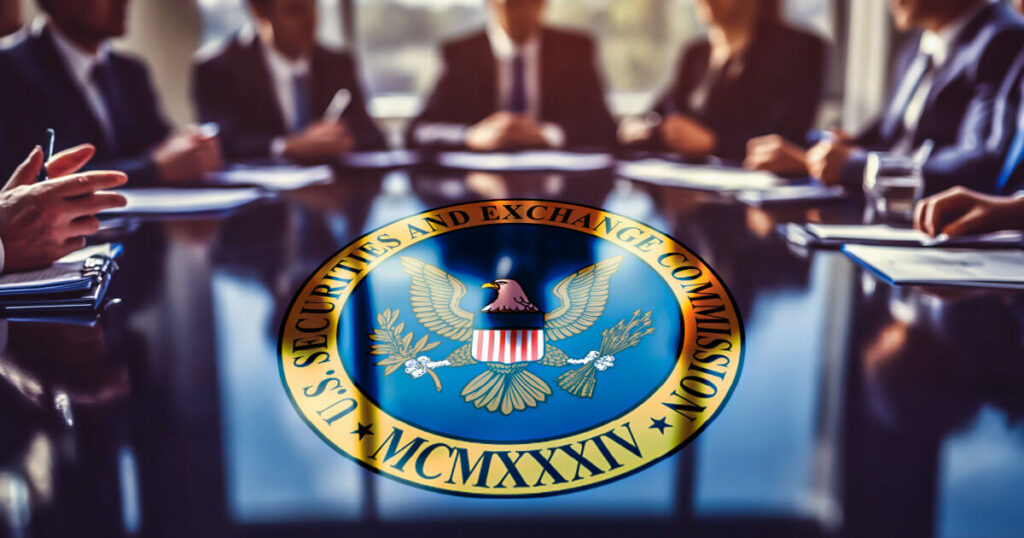The US Securities and Exchange Commission (SEC) recently hosted its inaugural crypto task force roundtable on March 21st to delve into the realm of cryptocurrency regulation. The discussions at the event highlighted the pressing need for regulatory clarity within the US, although panelists expressed diverse opinions on the matter.
The panel comprised a mix of crypto proponents and skeptics, with the dialogue centering around crucial issues such as the classification of digital assets and the adequacy of existing securities laws in regulating decentralized technologies. Advocates emphasized the significance of decentralization as a key factor in determining whether a token should be deemed a security, while skeptics contended that the current Howey test definition effectively serves its purpose, as evidenced by the SEC’s legal victories.
The roundtable marked a departure from the SEC’s previous stance under former Chair Gary Gensler, who had been known for his stringent views on crypto tokens as securities and had initiated enforcement actions against prominent industry players.
Key topics of discussion included the legal definitions of digital assets and the extent of securities law applicability. Participants explored the distinguishing characteristics of digital assets that could warrant differential treatment under the law. Some proponents suggested that the degree of issuer control over assets could serve as a determining factor, particularly in capturing the decentralized nature of blockchain networks.
A notable observation made by Lee Reiners, a lecturer at the Duke Financial Economics Center, was the unanimous agreement among panelists that Bitcoin (BTC) does not qualify as a security due to its sufficient decentralization. However, defining the threshold for decentralization versus an investment contract remained a challenging task, with reference made to a Commodity Futures Trading Commission report that categorizes decentralization along various spectrums.
On the other end of the spectrum, skeptics like former SEC enforcement official John Reed Stark emphasized the agency’s responsibility to safeguard investors who engage in digital asset transactions. They argued in favor of retaining the Howey Test as a robust legal standard, citing the SEC’s history of successful litigations as a testament to its interpretive prowess.
Despite the contrasting viewpoints, there was a consensus among participants regarding the importance of establishing clear definitions and maintaining regulatory consistency to foster a conducive environment for both the industry and the SEC’s oversight duties. The roundtable session serves as the initial step in a broader initiative aimed at modernizing the agency’s approach to crypto markets while upholding a balance between investor protection and technological innovation.
In conclusion, the SEC’s crypto task force roundtable signifies a pivotal moment in the regulator’s efforts to recalibrate its stance on digital assets and sets the stage for future deliberations and policy revisions in this rapidly evolving landscape.

